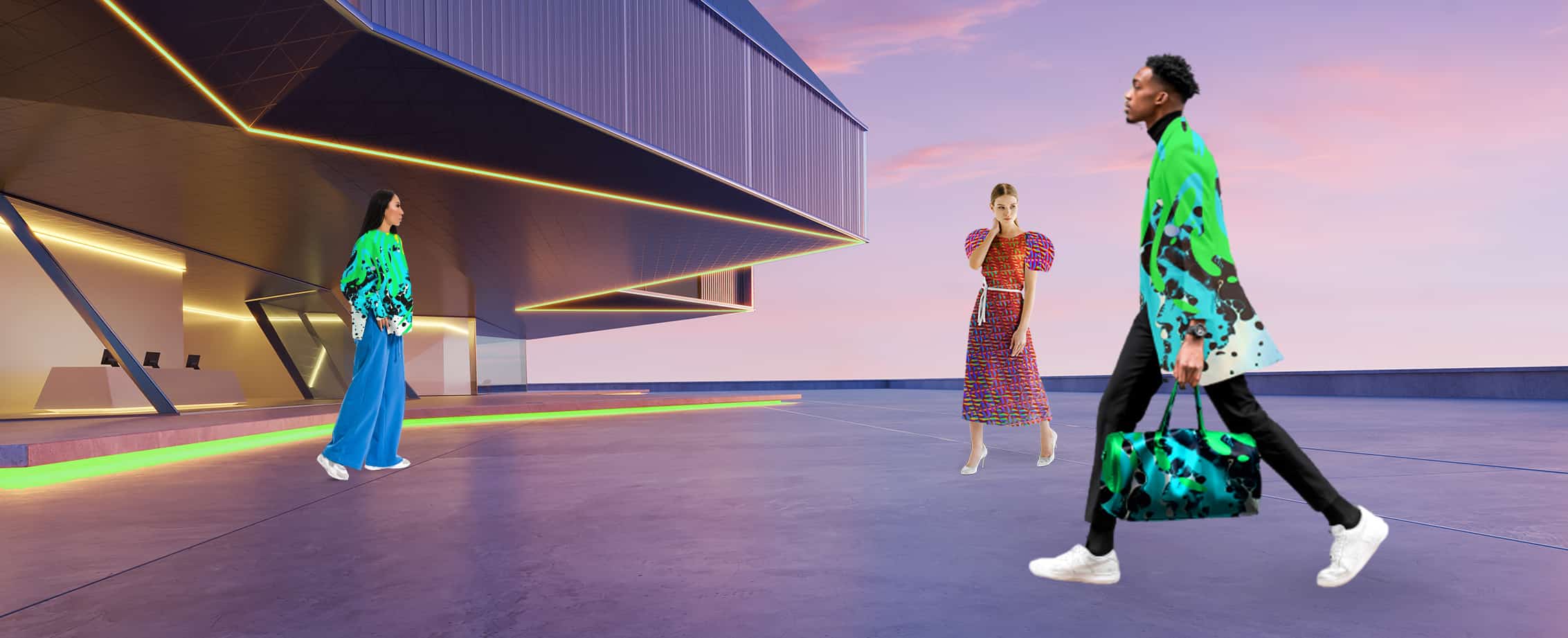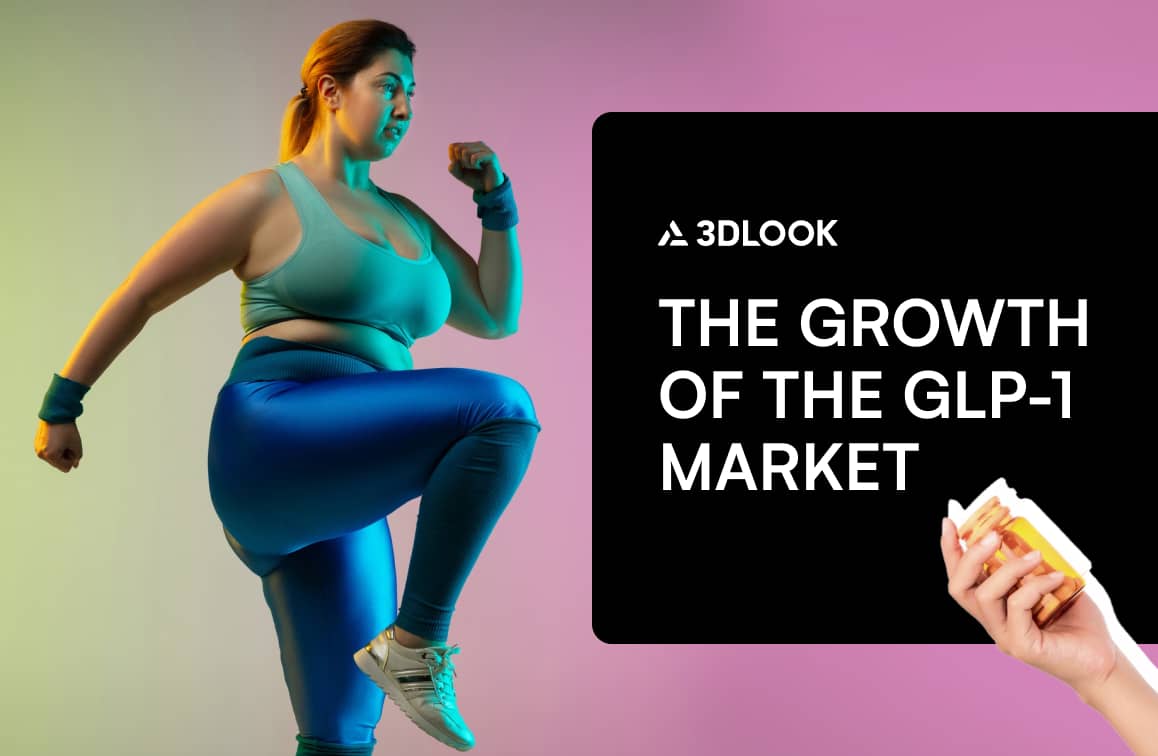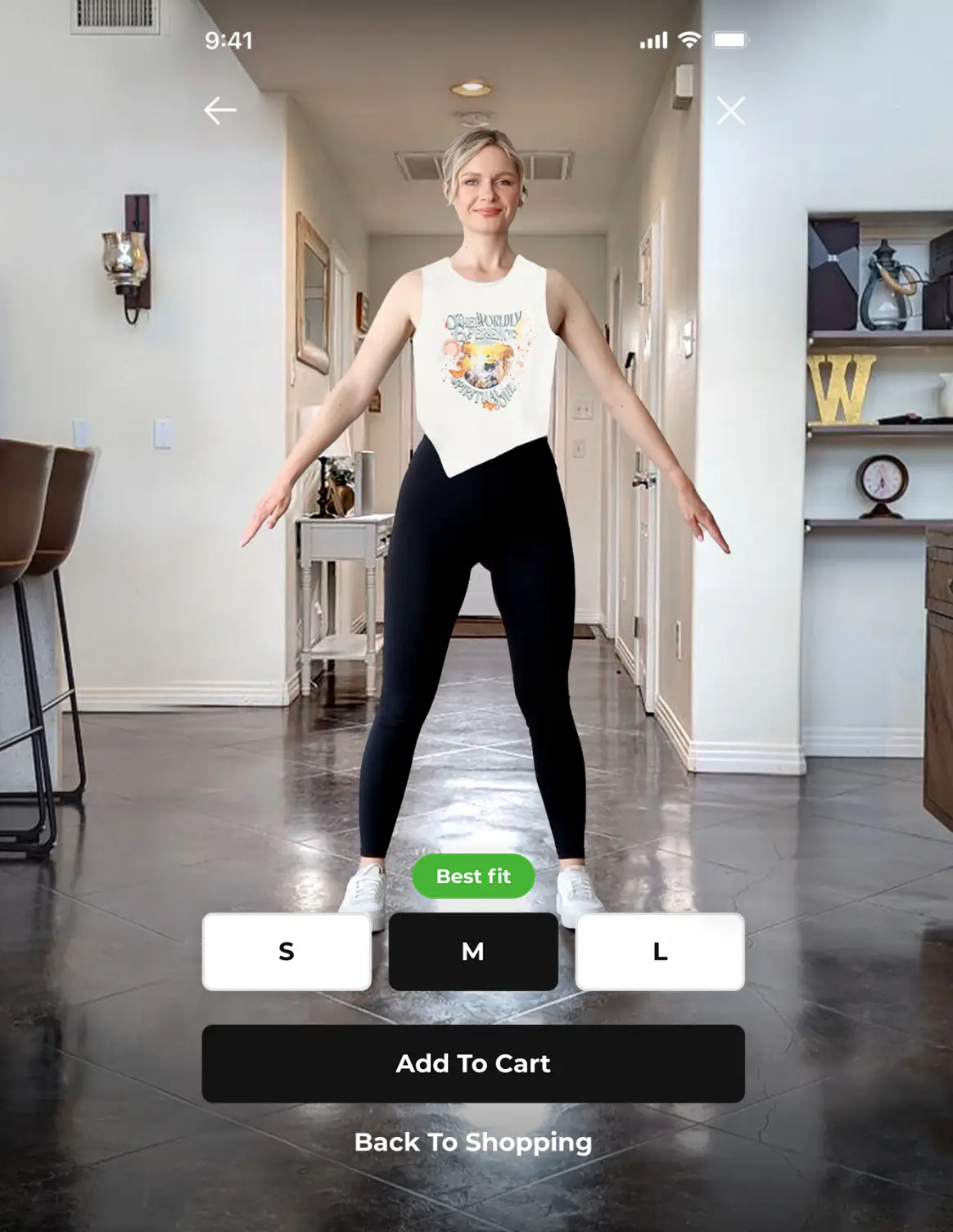With tech and entertainment giants focused on building the ‘metaverse,’ we could soon spend just as much time living, playing, and working in the virtual world as we do the real one — and leading fashion brands have already spotted the potential.
Billed as the next iteration of our online world, the metaverse is a concept describing the 3D virtual spaces that will eventually — and are already beginning to — come together to form an online universe, where the lines between digital and physical are blurred.
While many envision the metaverse as something akin to Ready Player One’s OASIS, a fictional virtual reality world thought up by author Ernest Cline, we are already beginning to see metaverse – like elements emerge through video games, augmented reality, and virtual stores. With digital giants such as Epic Games and Facebook focused on advancing the concept, the metaverse is only set to grow — and fashion has a huge role to play.

The emerging metaverse & the role of fashion
The metaverse is often used to refer to the variety of experiences, environments, and assets that have emerged from the online world over the past few years, which have provided us with a glimpse of where the internet could be heading.
Fortnite, once a simple survival game, has transformed into a metaverse-like environment. In recent years, users have watched movie scene premiers at its outdoor movie theater or watched global artists live in the digital world.
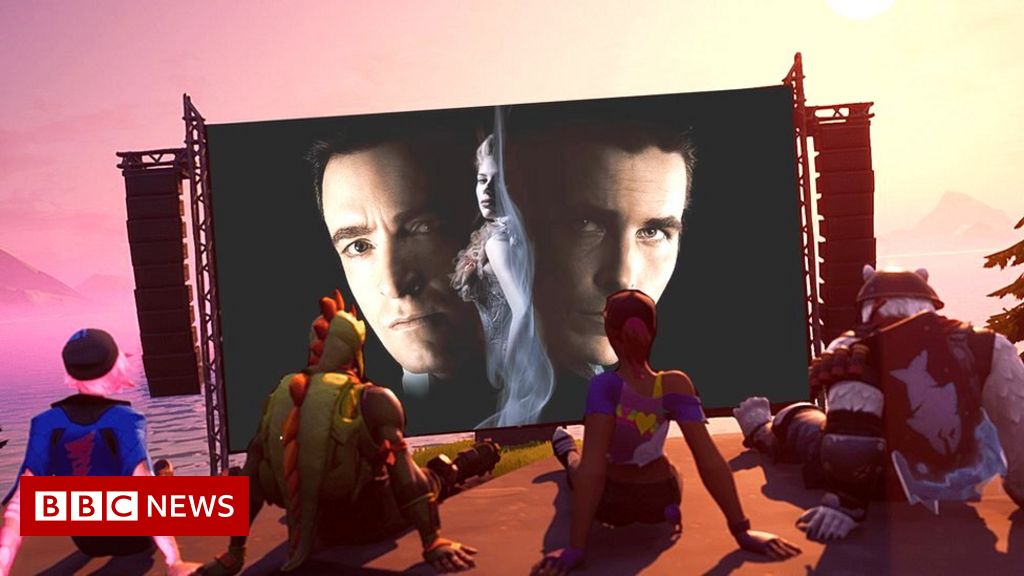
Non-fungible tokens (NFTs) are another emerging element of the metaverse. These are a new type of virtual asset, which govern ownership of digital items such as images, videos, or in-game items. NFTs allow digital assets to be traded, with the owner recorded on the blockchain. NFTs have exploded in popularity over the past year, with sales climbing to $2.5b in 2021, rising from just $13.7m a year prior, according to Reuters.
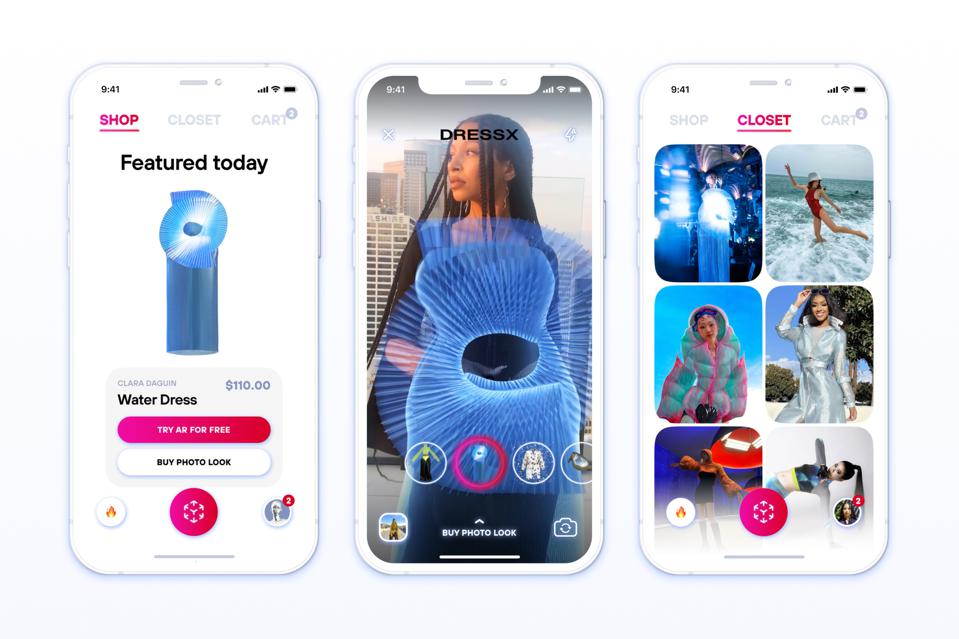
Even fashion has played a role in advancing the metaverse concept by creating augmented reality experiences such as virtual try-on. This emerging technology enables consumers to try on digital representations of physical garments, seeing how they will look and fit without physically trying on the product.
3DLOOK’s virtual try-on technology, available to YourFit customers, brings the physical fitting room into the digital world. YourFit is the first and only solution for apparel shoppers that can answer customers’ primary questions when shopping online: ‘Will this fit me?’ and ‘Will this look good on me?’ Through AI-first technology, retailers can capture precise customer body measurements in under two minutes to enable highly personalized, data-driven size recommendations and virtual try-on capabilities. 3DLOOK customers benefit from a 4X increase in conversions, a 20% or greater increase in AOV, and a 40% decrease in returns.
Request YourFit demoFashion for Digi-sapiens: Why should brands care about virtual fashion?
As this new online universe materializes, consumers will be keen to personalize their online selves, just like they do in the real world. We are already beginning to see this demand for virtual fashion items — revenue for Epic Games hit $5.1bn in 2020, driven by the sale of virtual skins and accessories through Fortnite. These digital garments do not enhance the player’s skill or gameplay, and customers purchase them solely for their aesthetic purpose.
Those most likely to purchase digital garments are described by Kerry Murphy, founder of digital fashion house The Fabricant, as “Digi-sapiens.” This consumer group made up of Gen Z and young Millennials, is the emerging metaverse’s primary users. This group makes up 45% of the global population and accounts for 55% of total spending power. As younger Gen Zs reach consumer age, the need to appeal to Digi-sapiens will only grow.
Likewise, with a quarter of those purchasing digital garments stating that it satisfied their need for new clothing items, according to virtual fashion store DressX, going digital can help brands to maintain sales, satisfy customers and reduce the 10% of global emissions that fashion causes as consumers turn their back on fast fashion.
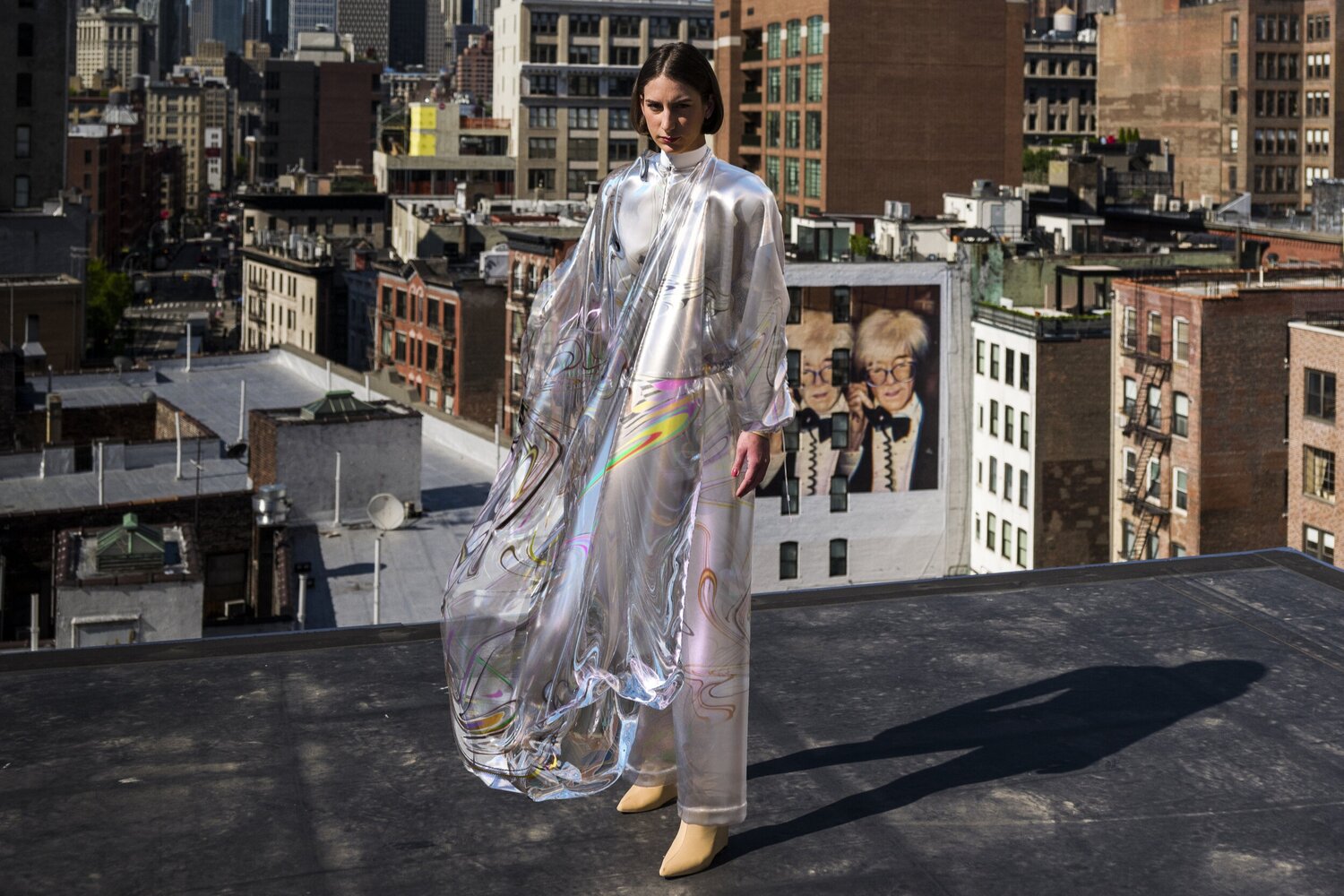
Trendsetters in the digital world of fashion
Part of an industry built around the latest trends and fashion’s leading brands and creatives have thrown themselves into the metaverse. As the pandemic closed stores and canceled events in early 2020, brands turned to virtual worlds to keep customers engaged.
While dressing rooms have reopened and catwalks have resumed, this trend has shown no signs of slowing — Fortnite players recently got their first taste of high fashion as Epic Games teamed up with Balenciaga, for instance. Players could purchase four unique designs inspired by the luxury fashion house’s real-world garments and explore a Balenciaga store in the digital space. Similarly, in May, Gucci opened the virtual Gucci Garden in Roblox, a popular online game platform. Here, players could explore campaign-themed rooms, try on exclusive virtual garments, and purchase them to wear in other areas of the Roblox universe.
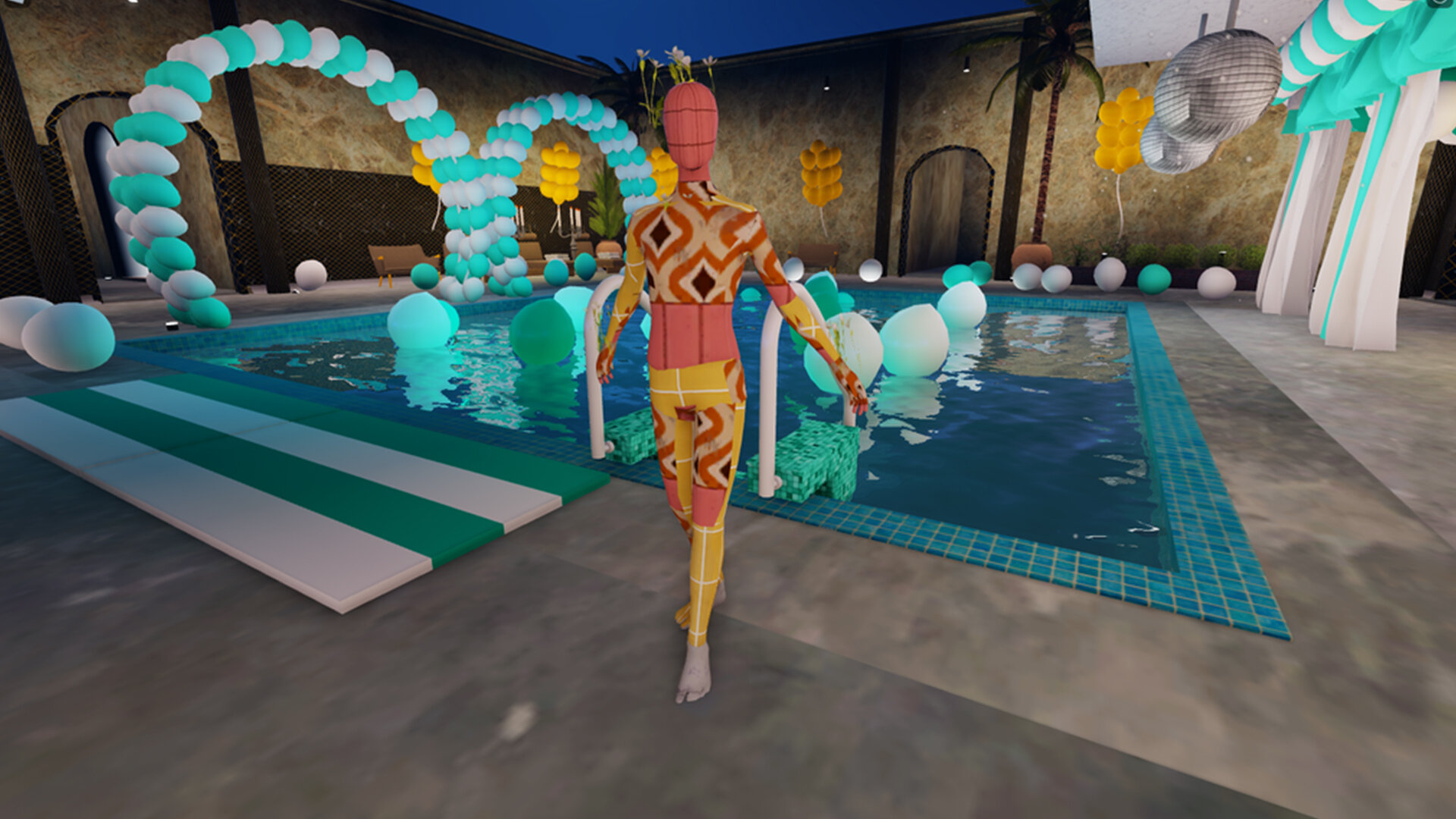
Likewise, as brands and retailers continue to blur the lines between the physical and digital worlds, Selfridges’ flagship London store has played host to Electric/City, a virtual, cyberpunk environment for customers to explore and purchase both physical and virtual garments.
However, fashion’s foray into the metaverse goes beyond video games and virtual reality. In March, Gucci EVP Robert Triefus told Vogue Business that it was “only a matter of time” before a luxury brand released an NFT. In the months since, industry leaders including Gucci, Burberry, and Louis Vuitton have all capitalized on the trend.
In October, Dolce & Gabbana released a nine-piece digital collection of fashion NFT’s, branded the Collezione Genesi collection. Selling for approximately $5.7m, the collection became the most expensive digital collection to date, but that record is unlikely to stand for long as interest in digital fashion skyrockets.
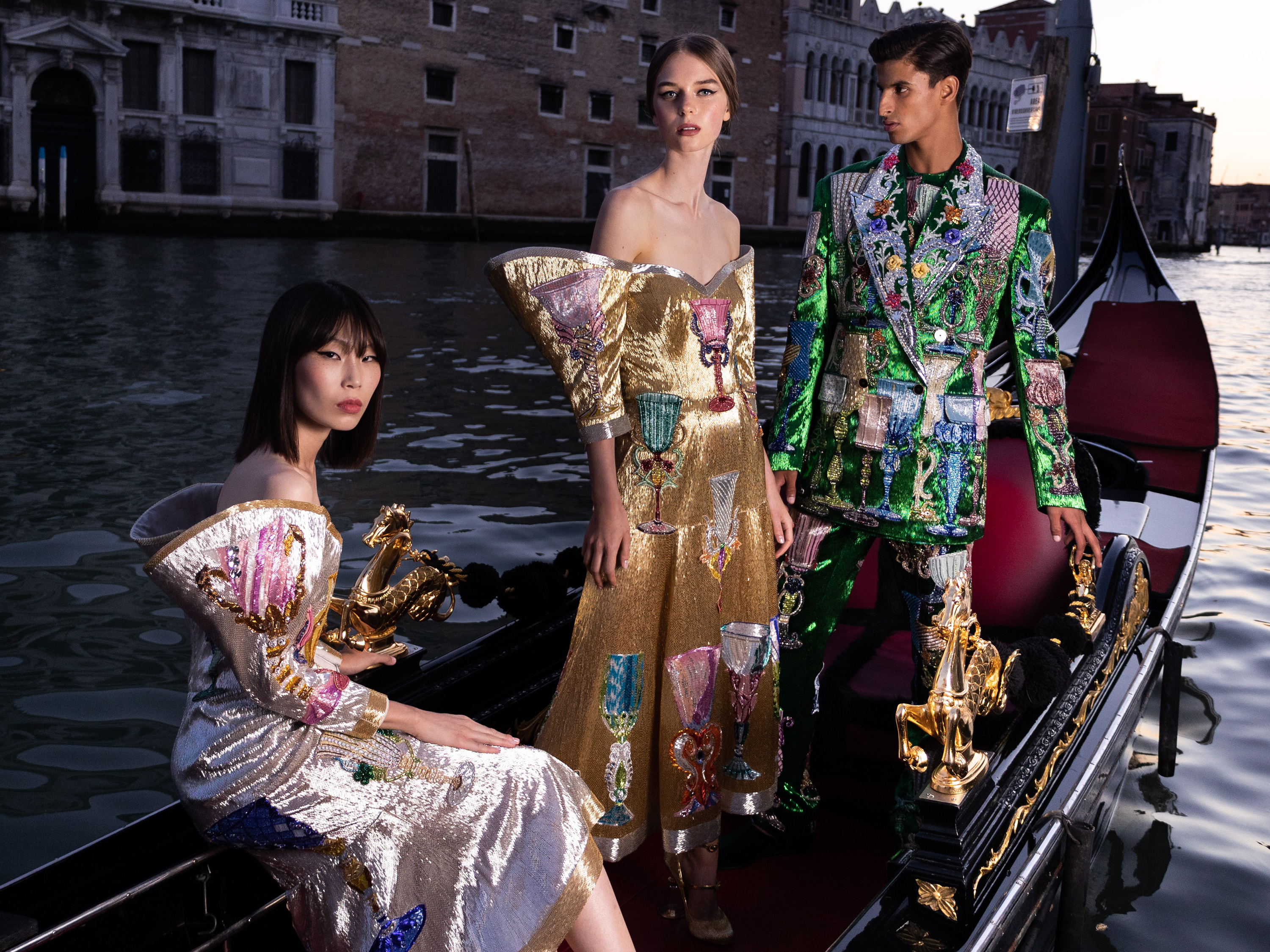
Consumers want code and pixels
If there are any doubts over demand, you must only look at the money consumers are spending. In June, a virtual Gucci bag was sold within Roblox for $4,115, almost double what its real-world counterpart typically sells for.
With the digital world becoming more like the real one, the demand for digital garments that we can use to dress and express ourselves will only grow. As the metaverse takes shape, fashion must be ready to dress our new, digital selves.
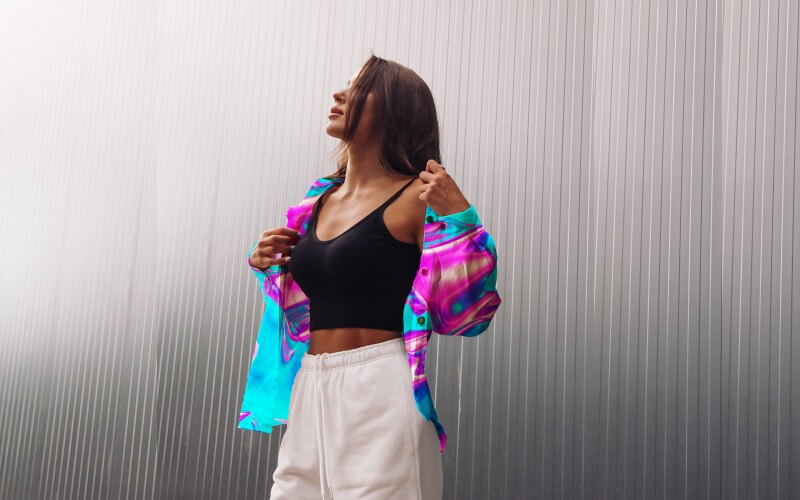
YourFit by 3DLOOK
A simple, user-friendly, and intuitive fit personalization platform that helps shoppers find the best size clothing while also providing an engaging try-on experience.
